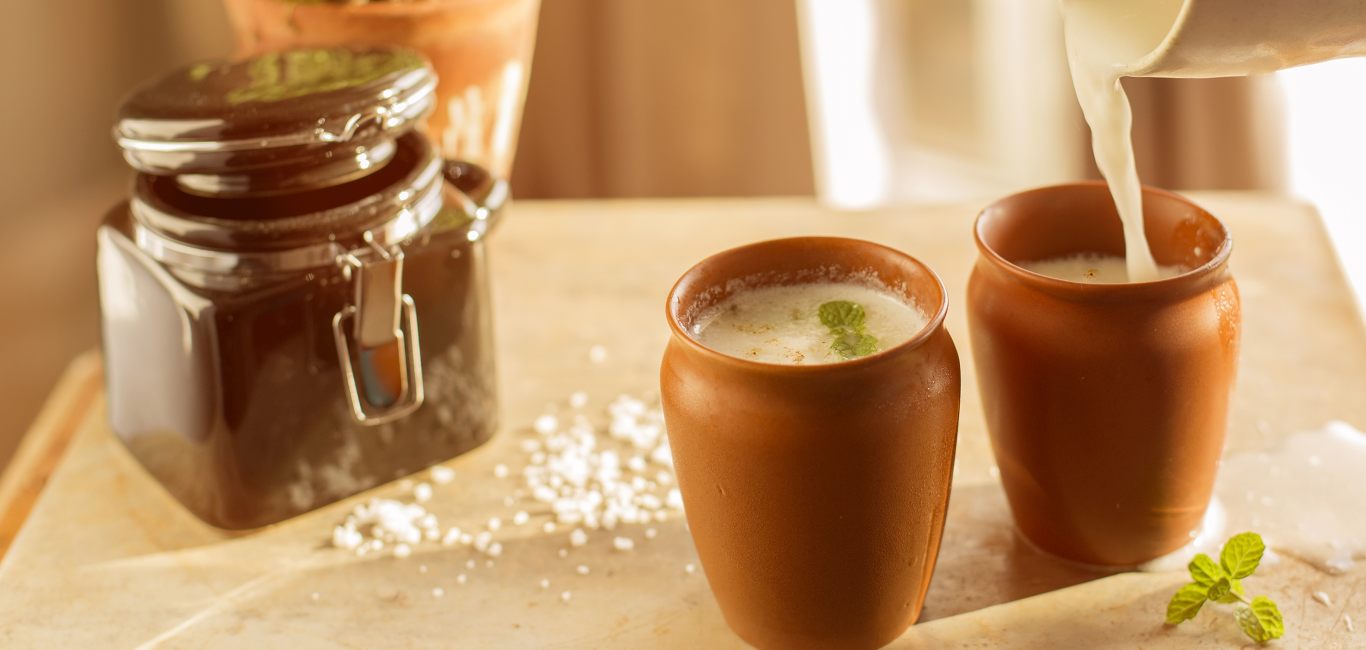
Irritable bowel syndrome (IBS) is a multifactorial lifestyle health condition affecting the gut. Its major symptoms include abdominal pain associated with altered bowel habits (a combination of frequent loose stools and constipation) and fatigue.
Ayurvedic experts and literature describe this health condition as grahani. “This condition covers a wide variety of symptoms that can fit into ulcerative colitis, amoebic dysentery, and Crohn’s disease,” says Dr Anjaly PK, chief consultant at Dhatri Ayurveda, Udupi, Karnataka.
The first step
Ayurvedic physicians typically assess a person’s day-to-day activities when he or she visits for IBS management. They will procure a comprehensive history, including eating habits, physical activities, and sleeping and bowel movement patterns. As per Dr Anjaly, prime importance is given to the kind of diet one is used to.
Ayurvedic experts recommend avoiding factors associated with the condition (dietary habits and lifestyle). “Unhealthy dietary habits such as eating ultra-processed foods, untimely eating, binge eating, and not eating whole foods (grains, fruits, vegetables and legumes) are the most commonly observed dietary habits,” says Vaidya Niteen Ambatkar, chief consultant, Arogyavardhini Clinic, Nagpur.
General considerations
Since the condition affects the gut, it is important to maintain a disciplined diet to avoid the triggers. These may differ from person to person. However, the UK’s NHS lists the following foods that could trigger IBS:
- Over consumption of fibrous foods such as salads, wholewheat bread, dried fruit, fresh fruit and vegetables, and sweetcorn
- Foods such as pastry, butter, cream, fried foods, chips, nuts
- Dairy products such as milk, cream, cheese, butter
- Wheat-based foods such as bread, pasta, Weetabix, several other cereals, cakes, biscuits
- In addition, onions, coffee, potato, wine, and other types of alcohol
Along with dietary modifications, Vaidya Ambatkar recommends:
- Generous intake of buttermilk
- Keeping a check on hydration levels
- Drinking water only when thirsty
- Not drinking large amounts of water on an empty stomach
Enema and purgation
Enema therapy (basti) is used to manage the symptoms of IBS, especially disturbed bowel movements. It has been found to be clinically safe and efficacious. Vaidya Ambatkar also vouches for purgation therapy in managing IBS.
In a small-scale clinical study, researchers used two kinds of enema (buttermilk-based and herbal) in 30 participants, and both therapies showed improvement with respect to their symptoms. In another study involving 15 participants, enema showed encouraging results.
In addition to lifestyle modification and therapies, it is also important to keep stress and anxiety at bay as they can also trigger IBS symptoms. Ayurvedic experts offer a therapy called shirodhara as an add-on to the existing ones to address stress and anxiety.
Customised recommendations
Ayurvedic physicians also customise therapies and come up with recommendations specific to the person’s requirements. “The preferences of herbs, medicines and therapies vary as per the severity and chronicity of symptoms, and involvement of dosha (vata, pitta, kapha),” says Vaidya Ambatkar.
Gut-friendly herbs
Dr Anjaly recommends the following:
- Eat light and easy-to-digest food
- Prefer freshly prepared food over stored or reheated ones
- Eat only when hungry
- Add gourds to your diet (bitter gourd is an exception)
- Replace chillies with pepper or long pepper
- Replace regular salt with rock salt
- Add cumin seeds, garlic, dried ginger while cooking (if appetite is too low)
- Reduce intake of spicy foods (a 2020 study confirmed that the intake of spicy foods is directly associated with IBS symptoms, particularly in women).
Read more about ayurvedic recommendations for optimal gut health here.
Buttermilk: ambrosia for IBS
Ayurvedic experts recommend having buttermilk generously on a daily basis. A review paper, published in the International Ayurvedic Medical Journal talks about buttermilk as an effective way of managing IBS.
“The source of milk and the preparation method of buttermilk matters when it comes to medicinal properties,” says Vaidya Ambatkar.
Read more about buttermilk here.
Most preparations used for managing IBS have buttermilk as the main ingredient. Additionally, it is also used as an ingredient in enema therapy and shirodhara (oil dripping therapy).
Adding herbal ingredients such as dry ginger, garlic, jeera seeds, and ajwain (thyme) leaves to buttermilk can provide enhanced benefits for those with IBS, says Dr Anjaly.
Early intervention
When a person has frequent bowel movements and digestion issues that last for a long term, they should see a doctor as soon as possible. Vaidya Ambatkar believes that early intervention helps prevent and manage IBS more easily.
Read more about how homeopaths manage IBS here.
Read more about faecal transplants for IBD management here.
Read more about IBD here.

















